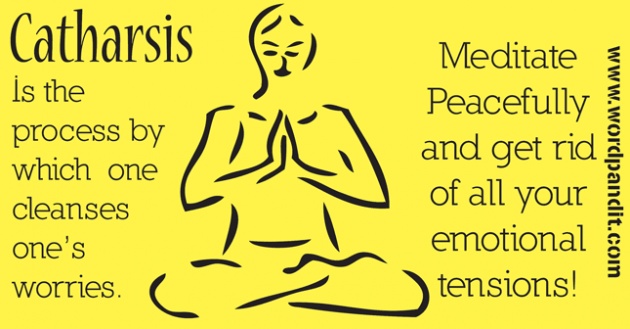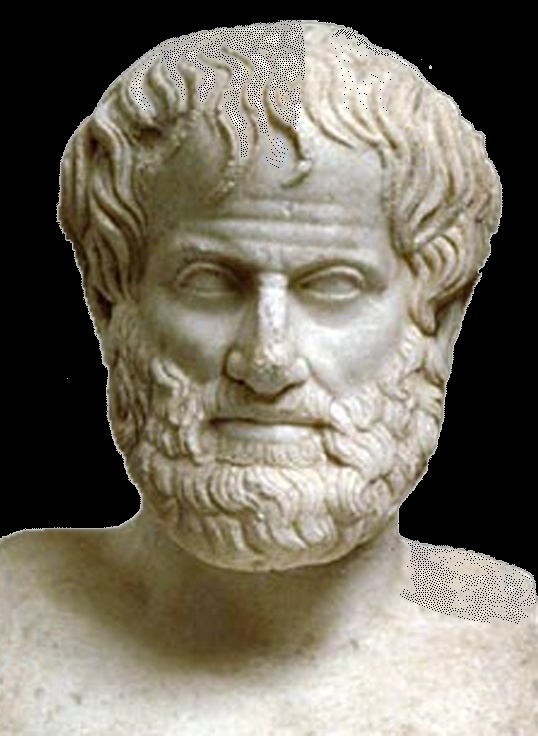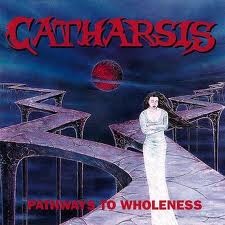Catharsis

The concept of catharsis has come a long way, since Aristotle talked of it, in the context of tragedy. Today catharsis means a lot more than what Aristotle thought it to be.

Nevertheless, in all the causes, it remains faithfully to its original meaning and conception. Aristotalian catharsis, in the context of tragedy, had to do with the healthy purgation of emotions after the tragedy was over, and the audience were left awe-stuck by the larger-than-life atmosphere presented before them. Brecht (writer) may not agree with this, but Aristotle with all the power of inductive logic at his disposal tries to make this point. According to him, catharsis acts as a safety value in releasing that energy which might otherwise find a less healthy outlet, since, wither way, it demands the same. Viewed from this perspective, we find that the idea of catharsis has both a social as well as a psychological value. Socially, it not only forces individuals to live their space time usefully, but also provides them a sound channel, whereby to dissipate the more-than required emotional stock that piles up from time to time. Besides the social significance, we find that a purgation of emotions, is essential for human psyche. A now and then drawing of the emotional reserves prevents the over filling of the reservoir, which can either suffocate the individual or result in a mysterical out burst.





